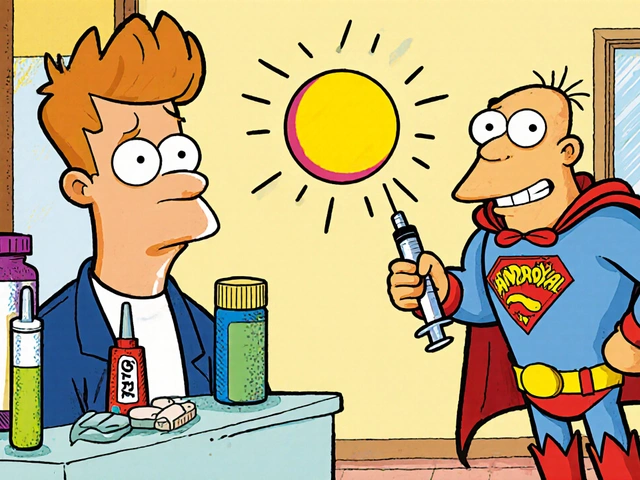Dietary Supplements: What They Are and How to Choose Them
If you’ve ever walked down the pharmacy aisle and felt overwhelmed by rows of pills, powders, and gummies, you’re not alone. Dietary supplements are products you take to add nutrients or other beneficial compounds to your diet. They can be vitamins, minerals, herbs, protein powders, or specialty blends that claim to boost energy, immunity, or joint health.
What Counts as a Dietary Supplement?
In simple terms, any product meant to supplement what you eat qualifies. That means a daily multivitamin, fish‑oil capsules, calcium tablets, and even green‑tea extract gummies fall under the same umbrella. Most supplements come in three forms: pills or capsules, powders you mix into drinks, and chewable tablets or gummies.
Because they’re not medicines, supplements don’t have to pass the strict approval process that prescription drugs do. Instead, manufacturers are responsible for making sure what’s on the label actually matches what’s inside the bottle. This loophole can lead to products with low quality ingredients or inaccurate dosing, so a bit of homework is worth it.
Choosing Safe Supplements Online
Buying online is convenient, but it also opens the door to scams. Look for sites that share clear contact info, have a physical address, and display third‑party testing certificates (like USP or NSF). If a price looks too good to be true, it probably is – especially for brand‑name formulas.
Read reviews from real buyers, not just the glowing testimonials on the product page. Check forums or independent blogs that discuss ingredient transparency. When you find a supplement you like, compare its label with other brands; similar products often have slightly different dosages or extra fillers.
Don’t forget to talk to your doctor or pharmacist before adding anything new, especially if you’re on prescription meds. Some supplements interact with drugs – for example, high‑dose vitamin K can affect blood thinners.
Finally, store your supplements in a cool, dry place away from direct sunlight. Heat and humidity can degrade vitamins quickly, making them less effective.
Bottom line: dietary supplements can fill nutrition gaps and support specific health goals, but they’re not magic pills. Pick products with transparent labeling, third‑party testing, and reputable sellers – and always keep your healthcare provider in the loop.




